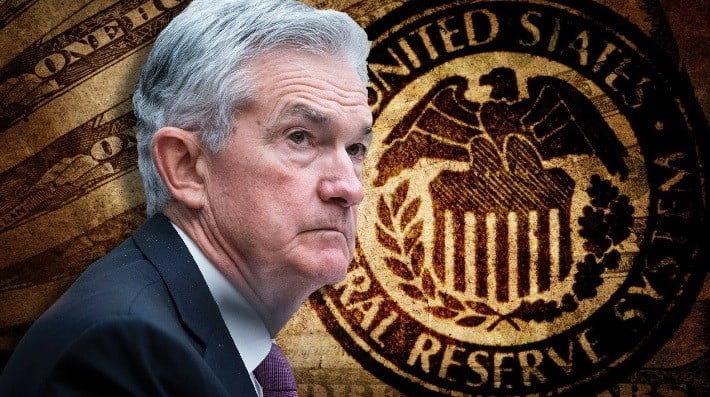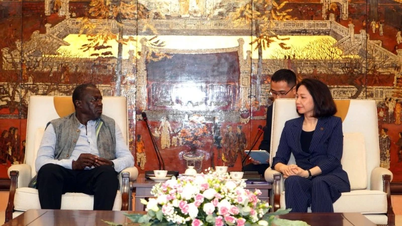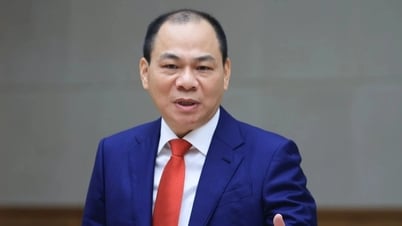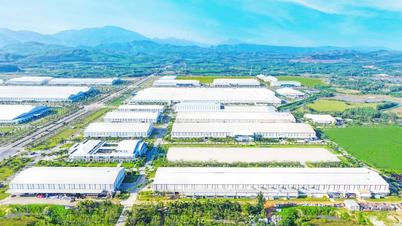 |
| The Fed may be forced to continue raising interest rates later this year. (Source: BitcoinNews) |
The US Federal Reserve (Fed) may be forced to continue raising interest rates later this year if inflation remains "hot" and the labor market continues to deteriorate, which would go against market expectations, said Daniele Antonucci, macro expert at Quintet Private Bank.
The Fed has been raising interest rates rapidly over the past year to tame inflation that has been at a 16-year high. Inflation in the United States fell to a two-year low of 4.9% in April, but remains well above the Fed’s 2% target.
Meanwhile, the US labor market is in a state of shortage. Unemployment claims remain near historic lows. Job growth reached 253,000 in April despite the slowing economy .
The US unemployment rate stood at 3.4%, the lowest since 1969 and a sign that the labor market remains tight. Average hourly earnings rose 0.5% in the month and were up 4.4% from a year earlier.
Antonucci said the Fed will not cut interest rates later this year as markets are expecting. He believes the Fed is just pausing, not completely shifting from hawkish to dovish. "Inflation is still high, the labor market is still tight, and markets will be disappointed that the Fed is not cutting interest rates," he warned.
“A recession is possible, including a decline in income. The Fed may need to raise interest rates more aggressively if inflation continues to rise,” he added.
Meanwhile, Dallas Fed President Lorie Logan said the latest data does not suggest the agency may stop raising interest rates at its June meeting.
Explaining her support for continuing to raise interest rates, Ms. Logan said that there is not enough evidence to confirm that inflation will return to the Fed's 2% target. Because most of the cooling of inflation comes from the decline in energy prices.
Quincy Krosby, global head of LPL Financial, commented: "Mr. Powell criticized the 'stop and go' monetary policy of the 1970s. They contributed to the stagflation of the economy, which required very aggressive monetary policy to stabilize prices."
Source



















![[Infographic] Vietnam-Senegal traditional friendship](https://vphoto.vietnam.vn/thumb/1200x675/vietnam/resource/IMAGE/2025/7/23/4c96a604979345adb452af1d439d457b)


















































































Comment (0)